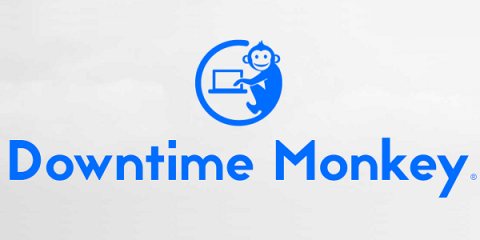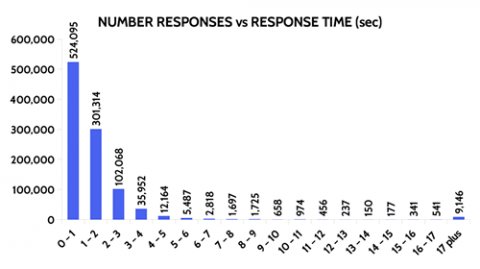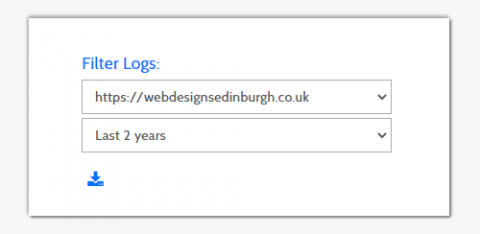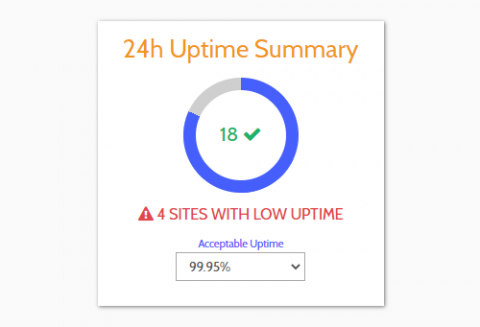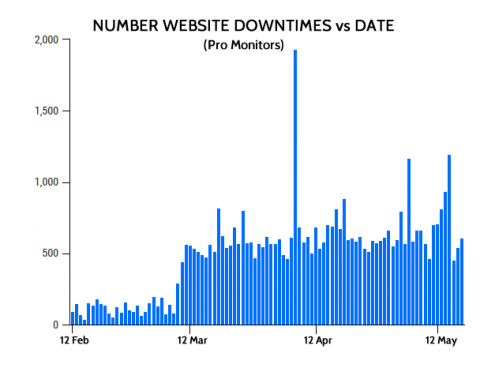Website Monitoring Prices Compared
The comparison for 2021 has been completed. You can skip straight to the results for 2021, view the results for 2020 & 2019, or read on to see how we ranked the sites... We compared every available website monitoring service by price.


